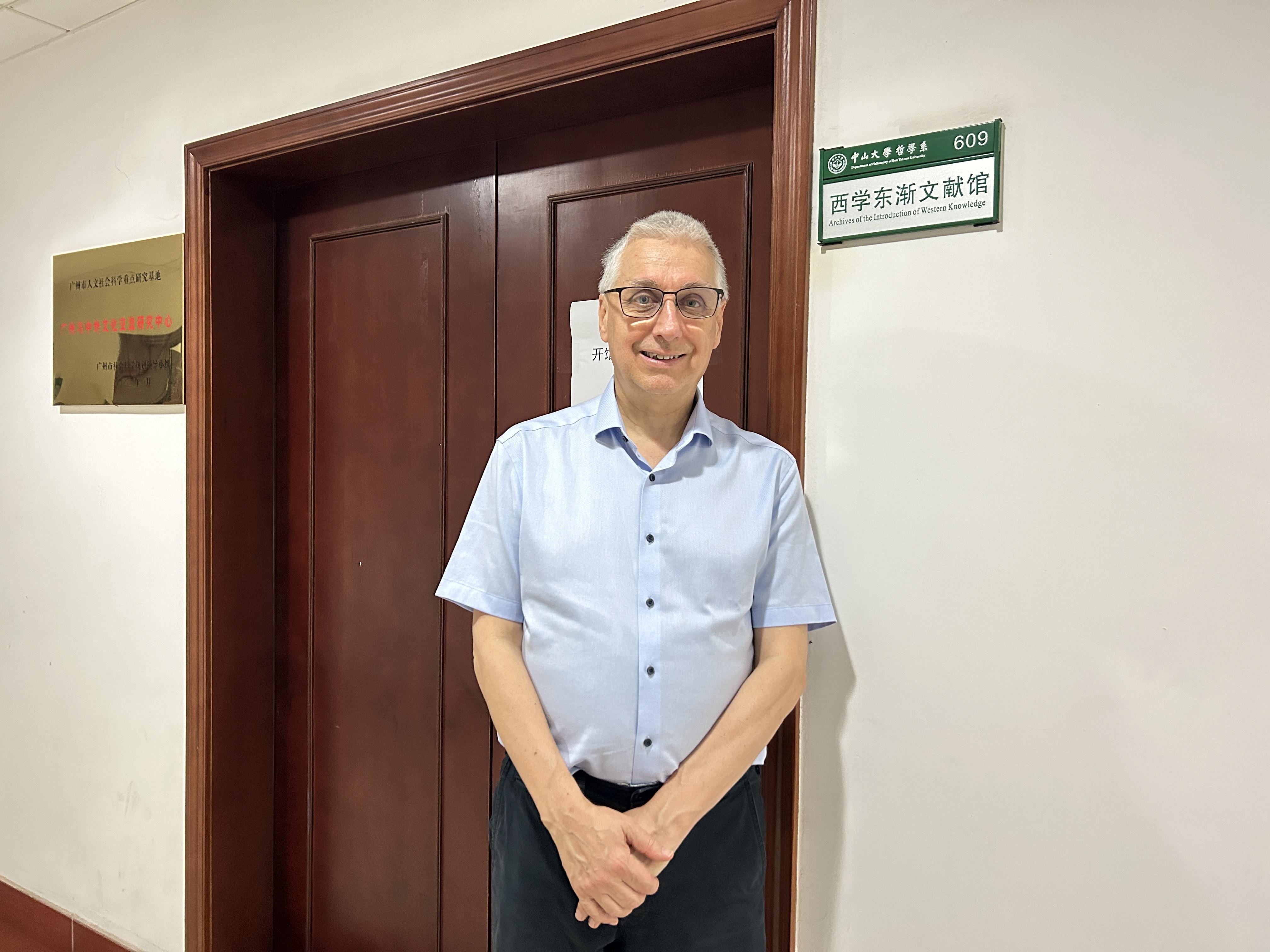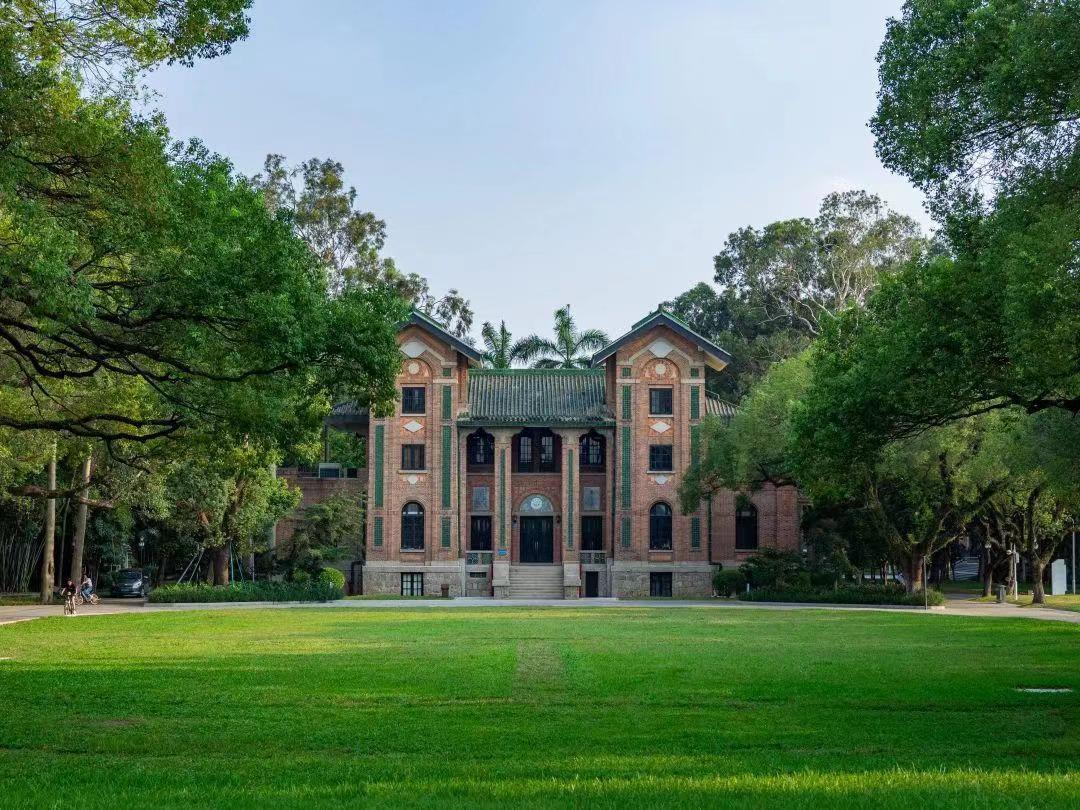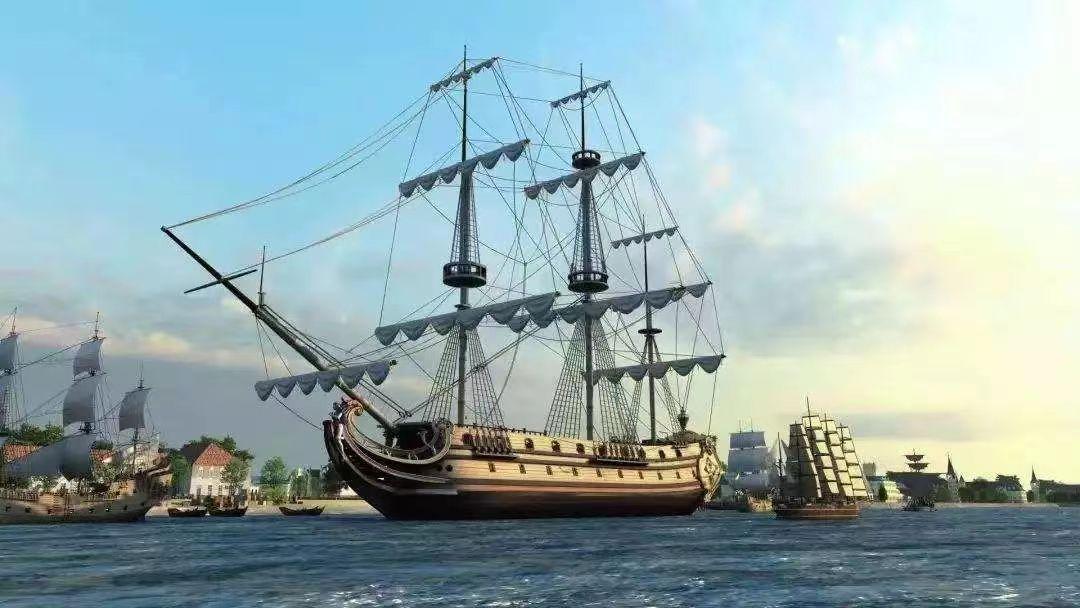Why did French President Macron choose to visit Guangzhou and Sun Yat-sen University? Macron's visit to Guangzhou together with his lecture at Sun Yat-sen University was intended to promote cultural and educational exchanges, explained in an interview with Yangcheng Evening News by Thierry Meynard, a French professor of the Philosophy Department at Sun Yat-sen University and Vice-Director of the Archive for Introduction of Western Knowledge.

According to Meynard, in 1685, Louis XIV, the king of France, sent five Jesuits to China in the name of astronomers to pioneer China-France scientific cooperation and to introduce China to the French extensively. By 1814, the Institut de France, an authoritative academic institution in France, created the first teaching post for Chinese Studies in Europe. It was decades before similar posts were offered in England, Germany and Italy. Thus, France became the country that understood China early with great respect, so far as to rise a "China fever" domestically. "In recent years China has witnessed rapid development, but some western countries are reluctant to understand it. While President Macron's visit to China revealed France's great concern on the importance of the China-France ties." Meynard said.
"Previously, President Macron visited Beijing, China's political center, where talks on the table concentrated on diplomatic relations; he also visited Shanghai, China's economic center, where the focus was economic and trade cooperation. This time he chose Guangzhou, with the intention of promoting cultural and educational exchanges." Thierry Meynard introduced that China-France relations "germinated" in Guangzhou more than 300 years ago. In 1698, the first French merchant ship arrived in Guangzhou, marking the beginning of China-France trade relations. Afterwards, French merchant ships came to Guangzhou almost every year not only to trade but also to make scientific and cultural exchanges. In the same year, a dozen French Jesuits also came to China with the French ship L'AMPHITRITE, some of them members of the French Academy of Sciences who later worked with Chinese scientists on astronomical observations and geography measuring. Others from the cultural circle made bilateral introductions, that is, European philosophy and history to China and Chinese Confucian classics, history and geography to Europe through correspondence.

"This history explains a comprehensive relationship between China and France from the beginning, including diplomacy, trade and culture. And culture is the most fundamental one thanks to the development of diplomacy and trade based on two civilizations understanding and respecting each other. Therefore, by choosing Sun Yat-sen University this time, President Macron has released a signal that culture and education are two important cornerstones of China-France relations. At the same time, his visit is also expected to help overseas educational cooperation to return to normal, which was stagnated by the epidemic before. In the future, more foreign students will be seen at colleges and universities like Sun Yat-sen University." said Thierry Meynard.
中大法籍教授、西学东渐文献馆副馆长梅谦立:马克龙到访中大,意在推动文化教育交流
马克龙总统此行为什么选择来访广州和中山大学?中大哲学系法籍教授、中大西学东渐文献馆副馆长梅谦立先生在接受羊城晚报记者采访时表示,马克龙到访广州并在中山大学演讲,意在推动文化教育交流。
梅谦立指出,在西方国家中,法国是最早派人到中国学习的。1685年,法国国王路易十四派遣五位耶稣会士以天文学家的名义来华,开拓中法科学合作,向法国国内大量介绍中国。1814年,法兰西学院创立全欧洲第一个汉学教席。几十年之后在英国、德国、意大利才有类似的汉学教席。如此,法国很早开始理解中国,并非常尊重中国,甚至在法国产生“中国热”。“近年来,中国迅速发展,而部分西方国家不太愿意理解中国。马克龙总统访华恰恰表示了法国高度关注中法关系的重要性。”梅谦立说。

“此前,马克龙总统到访中国的政治中心北京,会谈重点是外交关系;他也曾到访中国的经济中心上海,关注点是经贸合作;这次他选择了广州,意在推动文化教育交流。”梅谦立介绍说,三百多年前,中法关系在广州“萌芽”。1698年,第一艘法国商船来到广州,开启中法贸易关系。此后,几乎每年有法国商船来广州,而这种关系不局限于贸易,也包括科学文化交流。1698年,十几位法国耶稣会士随同“安菲特利特号”来华,他们有些属于法国皇家科学院会员,后来他们与中国科学家一道参与天文观察和地球测量。有些耶稣会士则来自文化界,他们在中国介绍欧洲哲学历史等,并通过书信向欧洲介绍中国的儒家经典、历史、地理等。
梅谦立说:“这说明了中法关系一开始就是比较全面的关系,包括外交、贸易、文化,而文化方面是最基本的,因为只有两个文明互相理解互相尊重才有可能发展外交和贸易。因此,马克龙总统这次选择了中大,释放出文化教育是中法关系重要基础的信号。同时,他的来访也有望推动疫情期间受到影响的留学合作恢复常态化,以后我们能在中大等高校见到更多的外国留学生了。”(更多新闻资讯,请关注羊城派 pai.ycwb.com)
文、图/羊城晚报全媒体记者 陈亮
翻译/陈萱
来源 | 羊城晚报·羊城派
责编 | 戚美青
校对 | 桂晴









